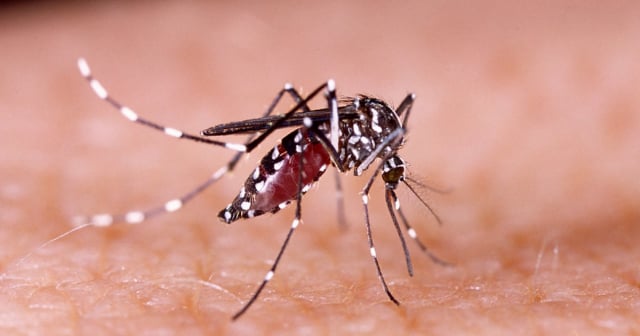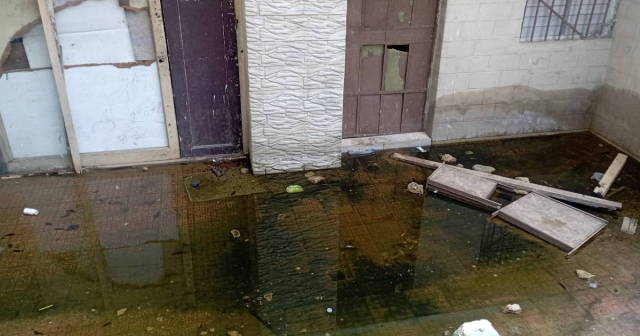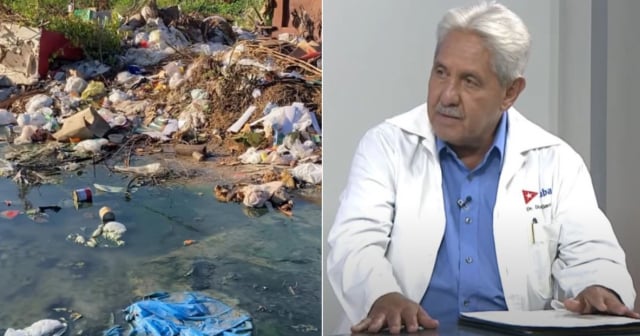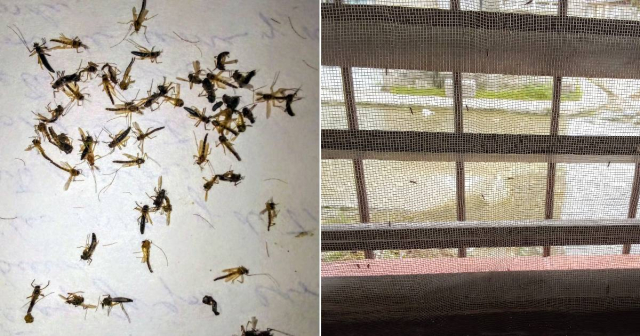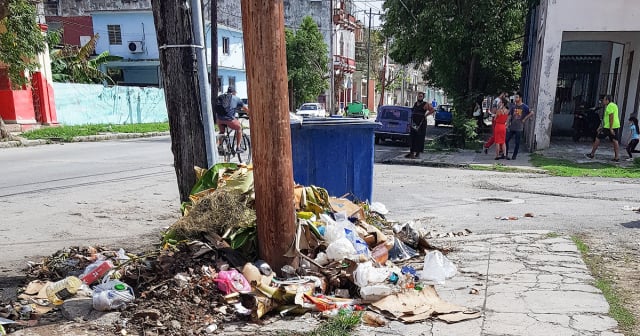The Cuban Irina Diéguez Toledo, weary of the constant assault by mosquitoes, has turned to extreme measures to control the bothersome insects, allowing spiders to weave their webs freely in her home in El Cerro, Havana, in the hope of alleviating the issue.
On Facebook, this person has kept a log of their "hunts" and has reported that the root of the problem is that their house is on a corner and is surrounded by drainage issues, potholes, and a broken manhole cover, “so there’s a huge puddle.”
Important Notice: The practices described in this article, such as using spiders to control the mosquito population, are personal initiatives of the protagonist and should not be considered a substitute for conventional pest control methods.

In a recent post, he mentioned that he has stopped cleaning the roofs to allow spiders to thrive, as they will catch mosquitoes with their webs.
He also explained that he has installed screens on the windows; however, insects come in every time he opens the doors to his house, which happens frequently whenever he needs to go out to run errands.
However, she noted that she herself spends some time each day to eliminate a few more insects.
Although the scene may seem far-fetched, it puts the sanity and health of the lady and her family at risk, exposing them to the possibility of being infected by a mosquito carrying either the dengue virus or the Oropouche Fever.
"They don't care if we get sick or die," Diéguez has lamented on social media, alarmed and desperate about the rise in the number of sick people in Cuba.
The woman has raised the issue in various settings, including local government offices, as it poses a risk not just to her, but to the entire community.
On August sixth, Diéguez shared on Facebook an email addressed to the Presidential Office, in which he reported that his 83-year-old uncle, bedridden and in fragile health, was exposed to dangerous diseases.
He pointed out that he received no response from the involved entities and that the director of a polyclinic in El Cerro has reported this without receiving any kind of reply.
"Administrative silence is a form of violence. I'm not demanding anything beyond what is within their obligation and authority," she emphasized.
This Cuban's concern is justified when the regime acknowledged last July that the Oropouche virus has spread to almost the entire country and that, additionally, it lacks the resources to begin fumigation campaigns to prevent the spread of the transmitting mosquito.
The National Director of Epidemiology at the Ministry of Public Health (MINSAP), Francisco Durán, confirmed on national television that the virus has been primarily identified in rural and semi-rural areas, with patients typically exhibiting symptoms similar to those of dengue.
According to the expert, "the current epidemiological situation in Cuba is similar to that of last year, with diarrheal diseases caused by heat and poor food conditions; dengue has been endemic for many years, with increases in cases during certain times of the year."
"Among the challenges of sanitation, the intense rains and the heat that accelerates mosquito reproduction create ideal conditions for its spread," Durán explained.
Previously, the specialist stated that the country lacks fuel to carry out mosquito fumigation, amid a rising presence of the Oropouche virus in Cuba.
Filed under:

